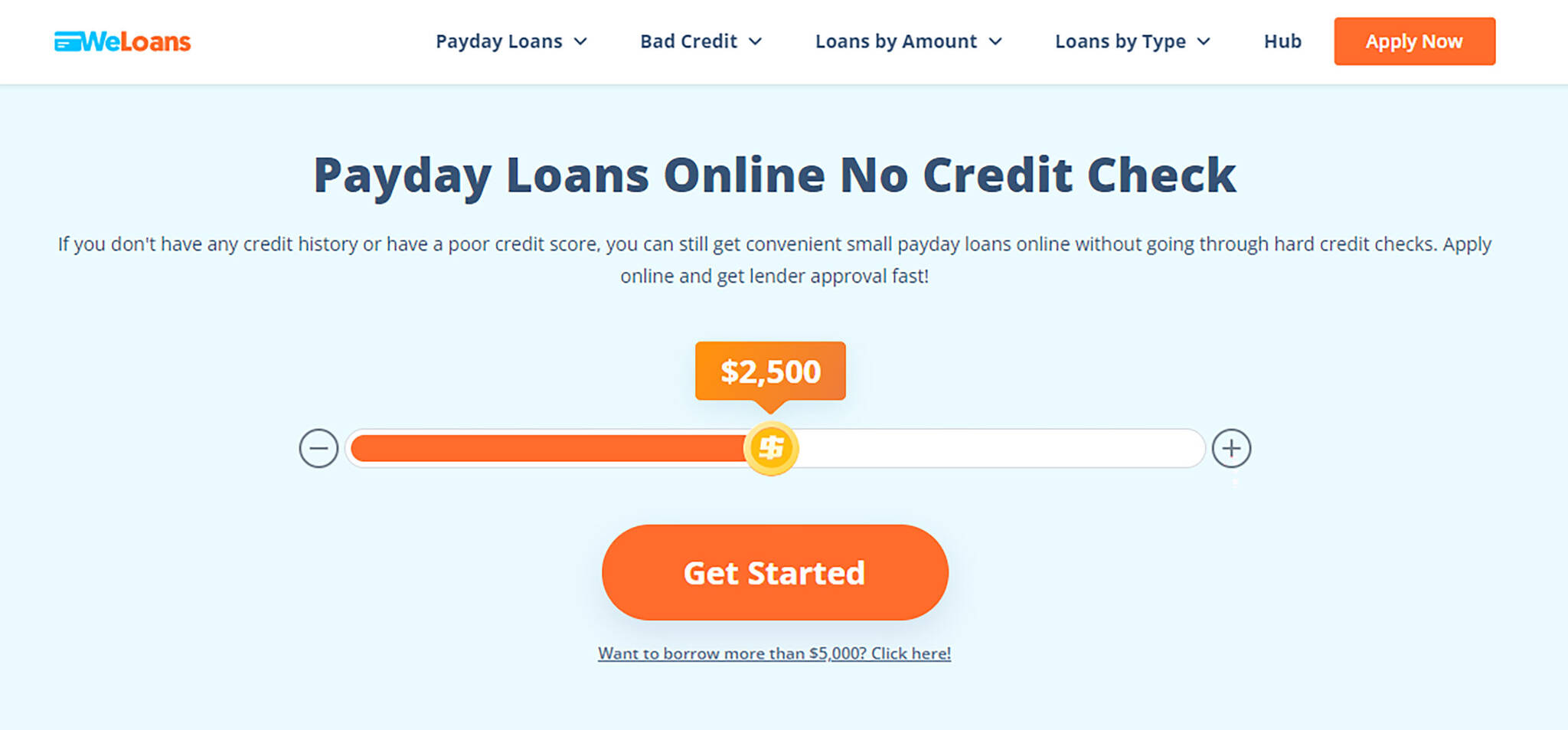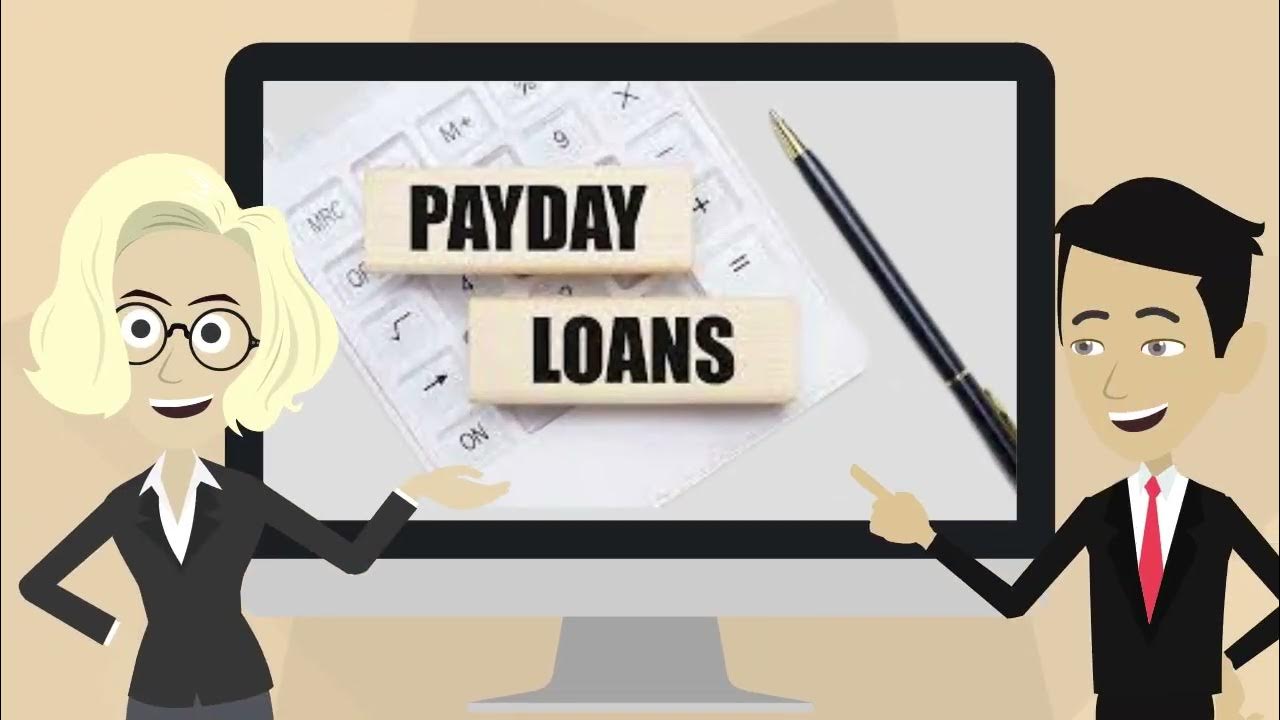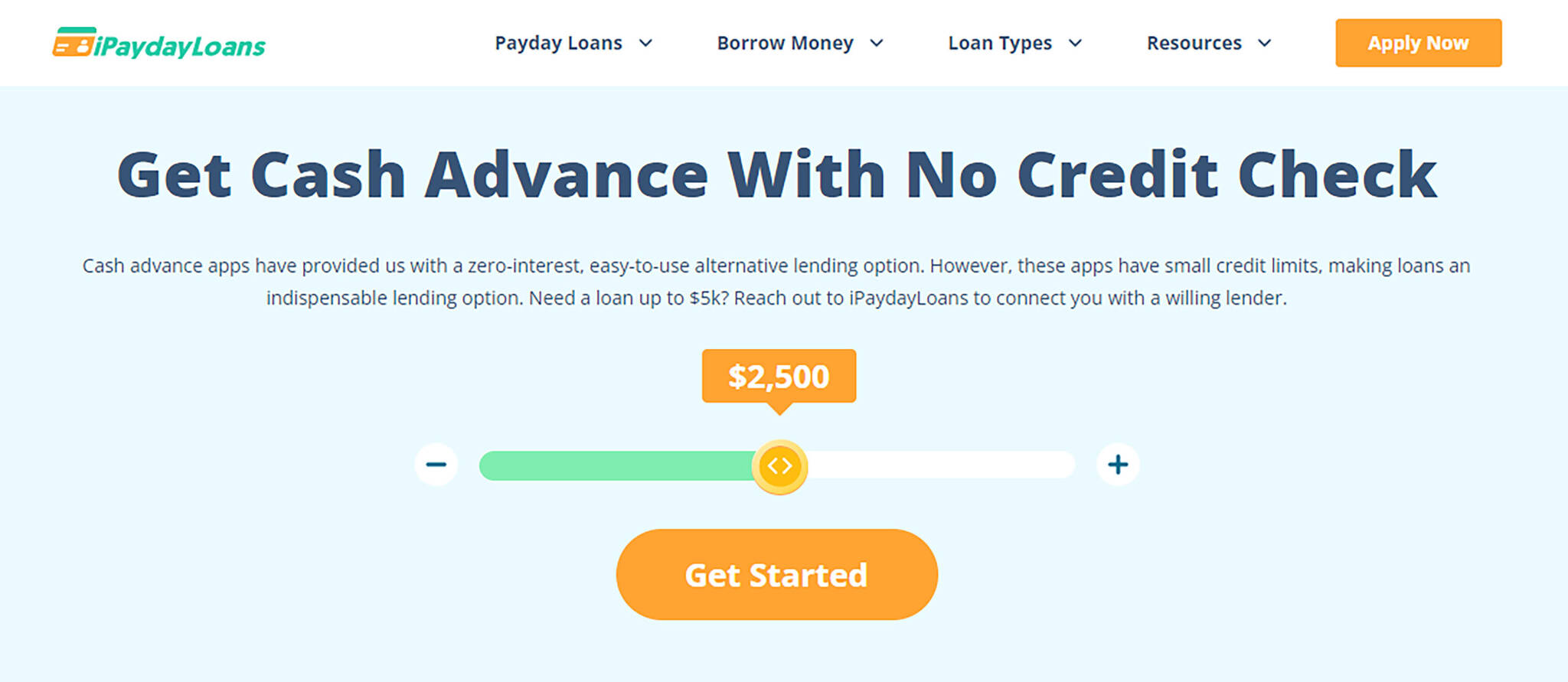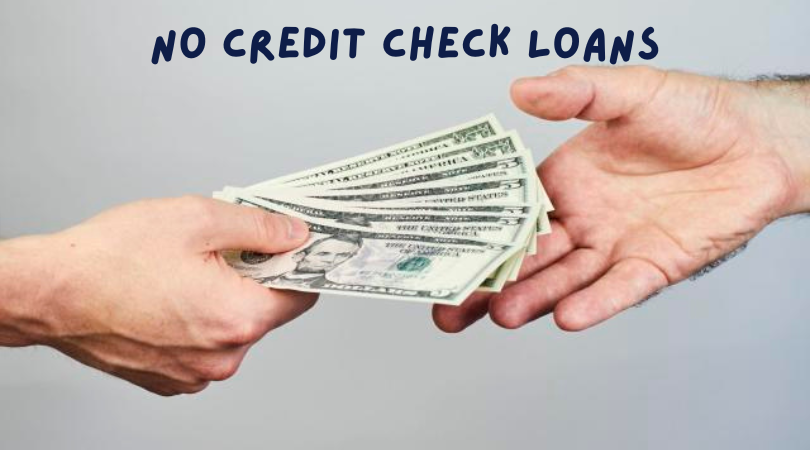Payday Advance Loans Online No Credit Check

URGENT: Online payday advance loans promising "no credit check" are surging, preying on vulnerable individuals facing financial hardship. These loans often come with exorbitant interest rates and hidden fees, trapping borrowers in a cycle of debt.
This article exposes the deceptive practices of these online lenders, highlighting the risks involved and providing resources for those seeking legitimate financial assistance.
The Lure of Quick Cash: How Payday Loans Operate
Payday loans, especially those offered online with "no credit check", are designed to provide immediate access to funds. They typically require minimal documentation, often only proof of income and a bank account.
However, the convenience comes at a steep price. Borrowers agree to repay the loan, plus interest and fees, within a short period, usually by their next payday.
Sky-High Interest Rates and Hidden Fees
The most significant danger lies in the exorbitant interest rates. These can range from 300% to over 600% APR, far exceeding traditional loan rates.
Additional fees, such as origination fees and late payment penalties, further inflate the cost of borrowing. This makes it incredibly difficult for borrowers to repay the loan on time.
This high cost can lead to a cycle of debt, where borrowers are forced to take out new loans to cover existing ones.
Who is Targeted? Vulnerable Populations at Risk
These online payday lenders often target individuals with poor credit scores or those facing unexpected expenses. They aggressively market their services to low-income communities and those with limited financial literacy.
According to a 2021 report by the Consumer Financial Protection Bureau (CFPB), payday loan borrowers are more likely to be repeat borrowers, indicating a dependence on these loans.
Senior citizens and individuals with disabilities are also vulnerable to these predatory lending practices.
The Legal Landscape: A Gray Area
The legality of payday loans varies by state. Some states have banned them outright, while others have strict regulations on interest rates and loan terms.
However, many online lenders operate outside of these regulations, making it difficult to hold them accountable. They may be based in offshore locations or on tribal lands, further complicating legal action.
The Federal Trade Commission (FTC) has taken action against some of these lenders for deceptive marketing practices and violations of the Truth in Lending Act.
Red Flags to Watch Out For: Identifying Predatory Lenders
Be wary of lenders who advertise "no credit check" or "guaranteed approval". These are often signs of predatory lending practices.
Avoid lenders who pressure you to borrow more than you need or who are unclear about their fees and interest rates. Always read the fine print and understand the terms of the loan before signing anything.
Look for lenders who are licensed and registered in your state. You can check with your state's attorney general or consumer protection agency to verify a lender's legitimacy.
Alternatives to Payday Loans: Seeking Legitimate Financial Assistance
Explore alternative options such as credit union loans, personal loans, or credit card cash advances. These generally offer lower interest rates and more favorable repayment terms.
Consider seeking help from a non-profit credit counseling agency. They can provide debt management advice and help you negotiate with creditors.
If you are struggling to pay your bills, contact your creditors to see if they offer any hardship programs or payment plans. Many utility companies and other service providers have assistance programs available.
What To Do If You've Been Trapped
If you are already trapped in a payday loan cycle, take immediate action. Contact a credit counselor to discuss your options.
Explore options like debt consolidation or debt management plans. Know your rights and report any suspected illegal activity to the FTC and your state's attorney general.
Document everything. Keep records of all loan agreements, payments, and communications with the lender.
Conclusion: Ongoing Scrutiny and Next Steps
The issue of predatory online payday loans continues to be a concern for consumer protection agencies. Lawmakers are exploring ways to strengthen regulations and crack down on abusive lending practices.
Consumers are urged to exercise caution and research all available options before taking out a payday loan. Resources are available to help those seeking legitimate financial assistance and to report fraudulent lenders.
The CFPB and the FTC continue to monitor the payday loan industry and take enforcement actions against companies that violate consumer protection laws. Stay informed and protect yourself from these predatory lenders.


















